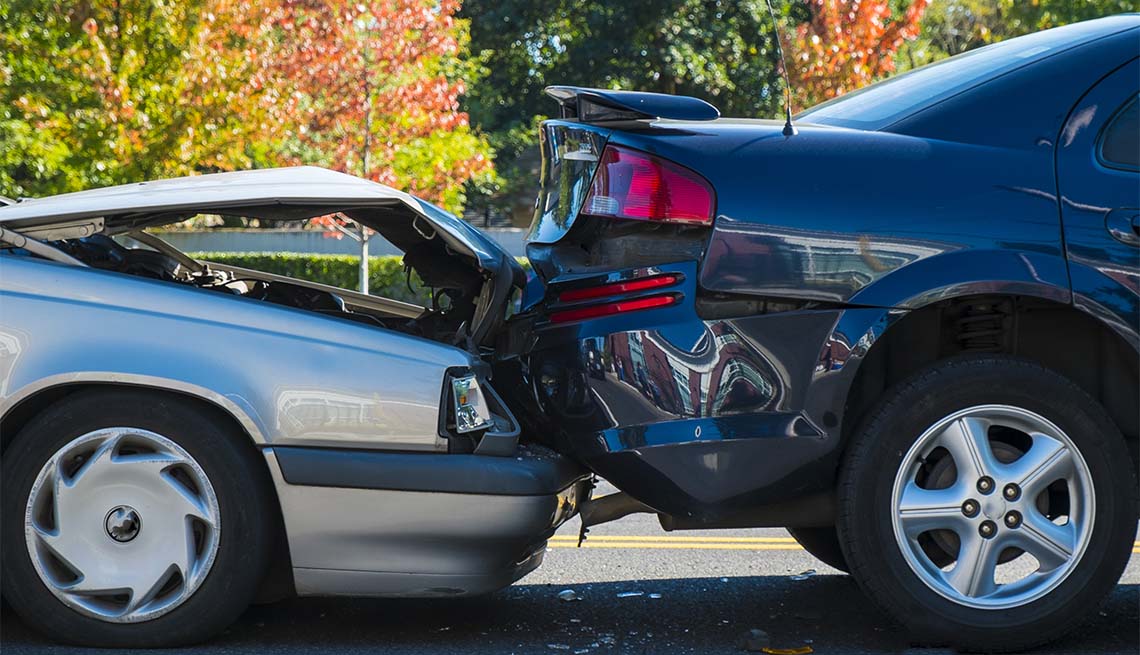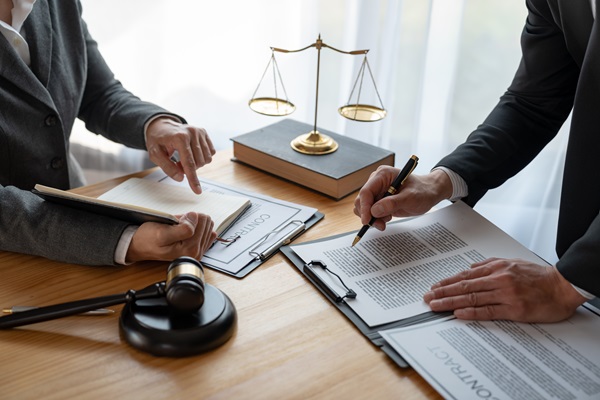Introduction
When life throws unexpected curveballs, such as accidents that lead to serious injuries, finding the right legal representation becomes crucial. The aftermath of an accident can be overwhelming—dealing with insurance companies, mounting medical bills, and emotional distress can leave anyone feeling vulnerable. That's where a seasoned accident lawyer comes in. Moseley Collins Law stands out as a reputable choice when navigating this legal maze. This guide will walk you through the top tips for choosing the best accident lawyer, with a focus on what makes Moseley Collins Law an exceptional option.
Top Tips for Choosing the Best Accident Lawyer: A Guide to Moseley Collins Law
Understanding Your Needs
What Types of Accidents Are You Dealing With?
Before you start looking for an accident lawyer, it's essential to understand the type of accident you're involved in. Whether it's a car crash, slip-and-fall incident, or workplace injury, different lawyers specialize in different areas.
- Car Accidents Workplace Injuries Medical Malpractice Product Liability Cases
Knowing your specific needs allows you to narrow down your search effectively and find someone who specializes in your situation.
Researching Potential Lawyers
How Can You Find Reputable Accident Lawyers?
The first step is conducting thorough research:
Online Searches: Use search engines and legal directories. Referrals: Ask friends or family for recommendations. Bar Association: Check local bar associations for licensed attorneys.These avenues can lead you to experienced lawyers who have successfully handled cases similar to yours.
Evaluating Experience
Why Is Experience Important?
Experience plays a vital role in determining the outcome of your case. An attorney with years in personal injury law will be more adept at handling negotiations and presenting your case effectively in court.
- Years Practiced: Look for someone who has been practicing specifically in personal injury law for several years. Case History: Review their track record with similar cases.
Checking Credentials
What Credentials Should You Look For?
When considering an attorney, make sure they possess proper credentials:
- Licenses: Verify that they’re licensed to practice in your state. Certifications: Some lawyers earn additional certifications that demonstrate their expertise.
Moreover, consider their educational background and any awards received within the legal community.
Reading Reviews and Testimonials
How Do Reviews Inform Your Decision?
Online reviews are a treasure trove of information. They can provide insights into client satisfaction and how well a lawyer handles cases:
Check platforms like Google Reviews or Avvo. Look for testimonials on their website. Pay attention to recurring themes—both positive and negative.This feedback can help you gauge whether they're a good fit for your needs.
Understanding Fees and Payment Structures
How Much Will It Cost?
Most personal injury lawyers work on a contingency fee basis, meaning they only get paid if you win your case. However, it’s important to clarify:
- The percentage they take from your settlement. Any additional fees you might incur during the process.
Having this information upfront helps prevent surprises later on.
Scheduling Consultations
Why Is It Essential to Meet Lawyers Personally?
A face-to-face consultation gives you insight into how the lawyer operates:
- Assess their communication style. Evaluate their willingness to listen and answer questions.
During this meeting, don't hesitate to ask about their approach toward cases similar to yours or how they plan to tackle yours specifically.
Assessing Communication Skills
How Does Communication Impact Your Case?
You need an attorney who's not just knowledgeable but also communicates clearly:
- They should simplify complex legal jargon into understandable terms. Frequent updates about your case's status are crucial.
A strong communicator ensures you're never left guessing about what's happening with your case.
Considering Local Expertise
Why Does Local Knowledge Matter?
Local laws vary significantly from one https://g.co/kgs/vDSczMB jurisdiction to another. An attorney familiar with local regulations can navigate these complexities more efficiently:
Knowledge of local court systems Relationships with judges and opposing counsel Awareness of regional nuances that may affect your caseChoosing someone rooted in your locality enhances your chances of success.
Evaluating Their Track Record
What Constitutes a Strong Track Record?
Review past outcomes of cases handled by potential lawyers:
- Settlements: What's their average settlement amount? Verdicts: Have they won significant jury trials?
A solid track record demonstrates capability when negotiating with insurance companies or going up against large corporations.
Understanding Their Strategy
What Should You Expect From Their Approach?
Effective accident lawyers should have clear strategies tailored specifically for each client’s case:
Assessment of liability Gathering evidence Developing negotiation tacticsUnderstanding their game plan provides confidence that they know how to proceed effectively through each stage of the process.
Trusting Your Instincts
How Important Are Gut Feelings in Choosing An Attorney?
Sometimes, it comes down to intuition—how do you feel about this person? Do you trust them? A good rapport can make all the difference when discussing sensitive issues related to accidents and injuries.
Frequently Asked Questions
1. What should I do immediately after an accident?
Ensure safety first! Call emergency services if needed, gather evidence (photos), and collect witness statements before leaving the scene if possible.
2. Is it necessary to hire an accident lawyer?
While it's not mandatory, having an attorney increases your chances of receiving fair compensation due to their expertise in navigating claims processes effectively.
3. How long does it typically take to resolve an accident claim?
Every case is unique; however, many claims take anywhere from several months up to two years depending on complexity or potential trial requirements.

4. Can I still file a claim if I was partially at fault?
Yes! Many states follow comparative negligence laws allowing recovery even if you're partly responsible—though compensation may be reduced based on fault percentage.
5. What types of damages can I claim after an accident?

Conclusion
Choosing the right accident lawyer is undeniably one of the most critical steps following an unfortunate event like an accident or injury—and doing so wisely could significantly impact both recovery timeframes as well as financial compensation received afterward! By following these tips outlined above while keeping factors such as experience levels along with communication skills at forefront consideration points—as emphasized throughout this guide—you'll find yourself better equipped than ever before when seeking guidance from leading firms like Moseley Collins Law known for delivering personalized service backed by impressive results across numerous successful client engagements over time!